The peach branches are like giant arms reaching over the roof of Mr. Sung and the Mong people of Phieng Ang village. The red peach petals blooming in the morning mist create a rare beauty that colors a corner of the sky. Along the highland roads, peach blossoms are being transported to the lowlands.
Mr. Sung knows Tet is coming very soon and he always says:
- Oh dear. I know I was wrong, kids.
Everyone in the area knows that Mr. Sung's family has many peach gardens. Thanks to selling peach trees, he was able to buy buffaloes and cows and even have money to support the poor and lonely people in the commune. One peach garden alone has hundreds of ancient peach trees, more than thirty years old, but he never sells them. Even though traders from the lowlands offer a very high price, every year at this time, he goes to the ancient peach garden to sit. He quietly watches the old, moldy peach trees with bright red flowers. The contrast between the fragile petals, the dry trunks and the barrenness of the gray rocks creates a wild beauty typical of the highlands, making happy and sad memories flood back to him.
 |
| (Illustration) |
***
Many years ago, in Mr. Sung's hometown, wherever the Mong people lived, there were poppies. In September, his family also started planting poppies until March of the following year to harvest. Poppy seeds were scattered on the hills, throughout the rocky mountain valleys... His hometown was filled with the purple color of poppies. And naturally, every family in his village had an opium lamp. Visiting each other's houses without opium to smoke would ruin the fun. Mr. Sung's father smoked, he smoked, his son smoked. When his wife gave birth to A Menh, she had a stomachache, he also roasted a bit of opium for her to swallow to relieve the pain... Just like that, the opium plant penetrated deeply and took root in the lives of his family and the people in Phieng Ang.
It is not clear when his hometown became poor, backward and had many consequences caused by the poppy. Apart from a part imported to process medicinal materials, life in the village was still difficult, the houses were still "empty", the rate of drug addicts increased. His small, rickety house, in the winter the wind howled as if it wanted to pull out the pillars...
Mr. Sung still remembers, in early 1990, A Menh - his daughter came back from a Youth Union activity in the neighboring village and said:
- Dad, we don't grow poppies anymore. The government banned it.
He shouted:
- Who did you hear that from? Was it that Dang Ho guy from the next village who enticed me? I didn't listen. The Mong people have been growing it for generations. They're used to it.
In fact, he had also heard the villagers whispering to each other: The commune cadres were sending people to the villages to persuade people to destroy the poppy plants. A Menh's son had also followed Dang Ho around the villages and fields to persuade people to abandon the poppy plants and plant other crops according to the Party and State's policy. But he and many others discussed that they would not listen.
A Menh did not know where he learned to explain, but he and Dang Ho were able to get so many people to listen. He himself, along with Dang Ho and many commune officials, went to the areas where poppies were grown to persistently persuade, persuade, and go to the fields to uproot the poppies. He explained:
- Dad, opium resin is a precursor used by criminals to manufacture narcotics. Therefore, growing opium is a crime. Tomorrow I will uproot the opium plants on our fields.
He roared:
- You are not my son anymore.
Mr. Sung put the rice on the bed, covered himself with a blanket and lay down. Thinking of the fields full of uprooted poppies, his heart ached as if cut by a knife. A few days later, he went out to the fields and saw the wilted purple poppies. He sat there on the rock, speechless. With the sound of the stream breathing heavily, he wondered what A Menh would plant in these fields, no more than three steps away.
***
Peach trees have been present in Phieng Ang village since that day. Peach trees are planted around houses and on the fields. Red peach blossoms, mixed with white apricot and plum blossoms, cover the mountainside. Every time winter passes and spring comes, the village looks like a carpet of flowers. They call it “Stone peach”, “Cat peach”… to refer to the old peach trees of the Mong people, more than ten years old, planted on the fields and on the plantations…
That day, when the Commune Party Committee issued a Resolution to build an economic development model for growing peach trees, A Menh and the villagers enthusiastically implemented it. The peach fields she planted were nourished by the soil carefully planted in the rocky mountainside, and by the cold that cut through the skin and flesh, and young buds sprouted. Every spring, round peach blossoms sprouted from the bare, moldy, rough branches, as beautiful as the dreams of the people of Phieng Ang village.
The demand for peach blossoms for Tet holiday among the people in the lowlands is increasing day by day, giving the Mong people a high income, so the people here have enthusiastically planted many peach forests around their fields. Just cutting a beautiful branch from a tree is enough money to buy a goat or a fat pig.
But every time the sweet cold wind blew into the peach blossom forest and the Mong girls brought their colorful brocade skirts out to dry in the sun in front of the house, Mr. Sung saw A Menh's eyes wet and he hid his sadness in his chest. He forbade Dang Ho from coming to the house and said that if the two of them met again in the peach fields, he would cut down everything. But A Menh said that if he did not let her marry Dang Ho, she would not return to be a ghost in another house. Mr. Sung's wife could only bite her lips to keep from crying. She felt sorry for A Menh but did not dare to say anything.
***
But then Mr. Sung's "fascination" with poppies gradually faded away before the peach blossoms that bloomed in the village every year. Therefore, for many years, Dang Ho has always silently thanked Mr. Sung for giving up the curse and agreeing to let him marry the beautiful and talented A Menh.
The former Miss A Menh, now Mrs. A Menh, has followed her husband to the village with peach blossoms for dozens of seasons. But every year before Tet, she is as excited as when her cheeks were still red with peach blossoms when she returns to visit her parents and the family's ancient peach garden. This year, she is happier because both she and her husband received the 30-year Party membership badge and are a leading family in economic development, contributing to hunger eradication and poverty reduction in the locality.
Standing on the ancient peach tree field with his daughter A Mênh and her husband, Mr. Sung watched the road downstream, filled with trucks loaded with peach trees. The Mong peach branches were like mountain girls bringing spring from the forest to the city. In the distance, the singing voice of the village youth practicing for the commune's program " Celebrating the Party , Celebrating the New Spring " and the melodious sound of the flute made Mr. Sung feel nostalgic. So happy, but he still did not forget to turn back and say to A Mênh and her husband the sentence he said every year:
- Oh dear. I know I was wrong, kids.
That's the Mong people's philosophy. Realizing mistakes is not easy, but once you see a mistake, you have to admit it for life.
Source


![[Photo] General Secretary To Lam, Secretary of the Central Military Commission attends the 12th Party Congress of the Army](https://vphoto.vietnam.vn/thumb/1200x675/vietnam/resource/IMAGE/2025/9/30/9b63aaa37ddb472ead84e3870a8ae825)
![[Photo] Many streets in Hanoi were flooded due to the effects of storm Bualoi](https://vphoto.vietnam.vn/thumb/1200x675/vietnam/resource/IMAGE/2025/9/29/18b658aa0fa2495c927ade4bbe0096df)
![[Photo] General Secretary To Lam receives US Ambassador to Vietnam Marc Knapper](https://vphoto.vietnam.vn/thumb/1200x675/vietnam/resource/IMAGE/2025/9/29/c8fd0761aa184da7814aee57d87c49b3)


![[Photo] General Secretary To Lam attends the ceremony to celebrate the 80th anniversary of the post and telecommunications sector and the 66th anniversary of the science and technology sector.](https://vphoto.vietnam.vn/thumb/1200x675/vietnam/resource/IMAGE/2025/9/29/8e86b39b8fe44121a2b14a031f4cef46)
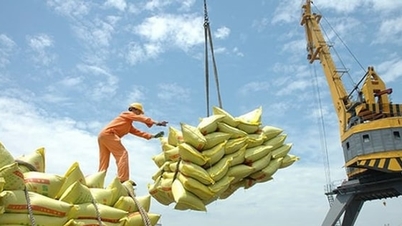







![[Photo] National Assembly Chairman Tran Thanh Man chairs the 8th Conference of full-time National Assembly deputies](https://vphoto.vietnam.vn/thumb/402x226/vietnam/resource/IMAGE/2025/9/29/2c21459bc38d44ffaacd679ab9a0477c)

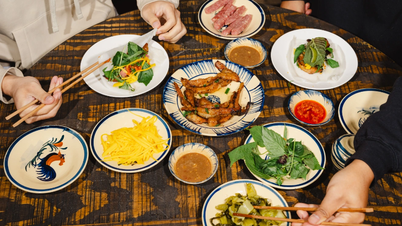



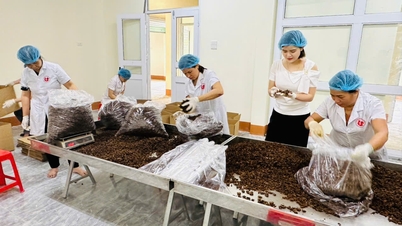

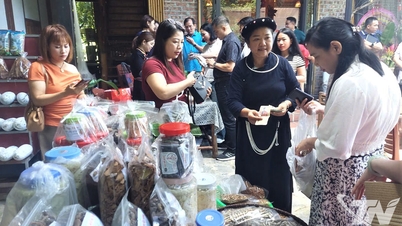








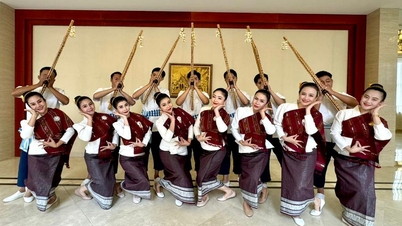

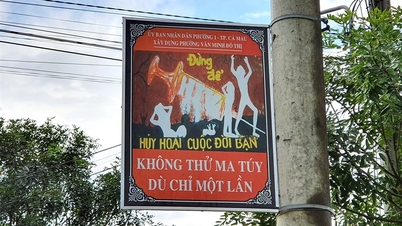
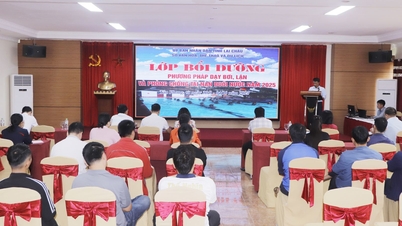
![[Photo] National Assembly Chairman Tran Thanh Man chairs the 8th Conference of full-time National Assembly deputies](https://vphoto.vietnam.vn/thumb/1200x675/vietnam/resource/IMAGE/2025/9/29/2c21459bc38d44ffaacd679ab9a0477c)



































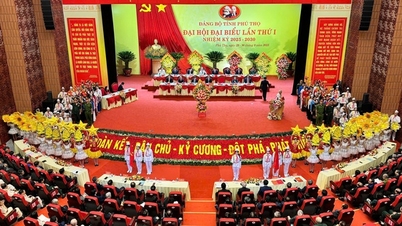





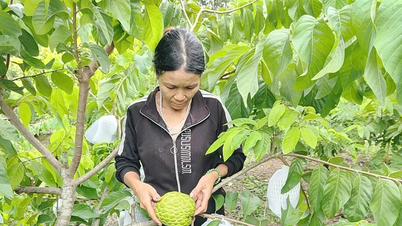

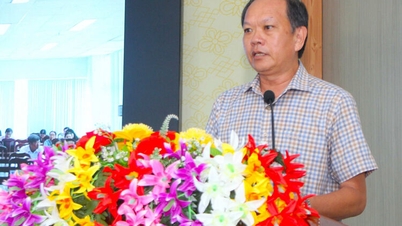

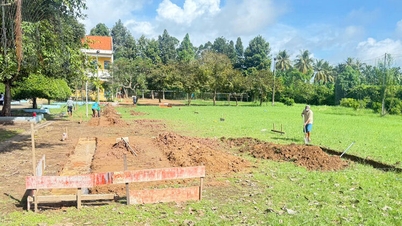











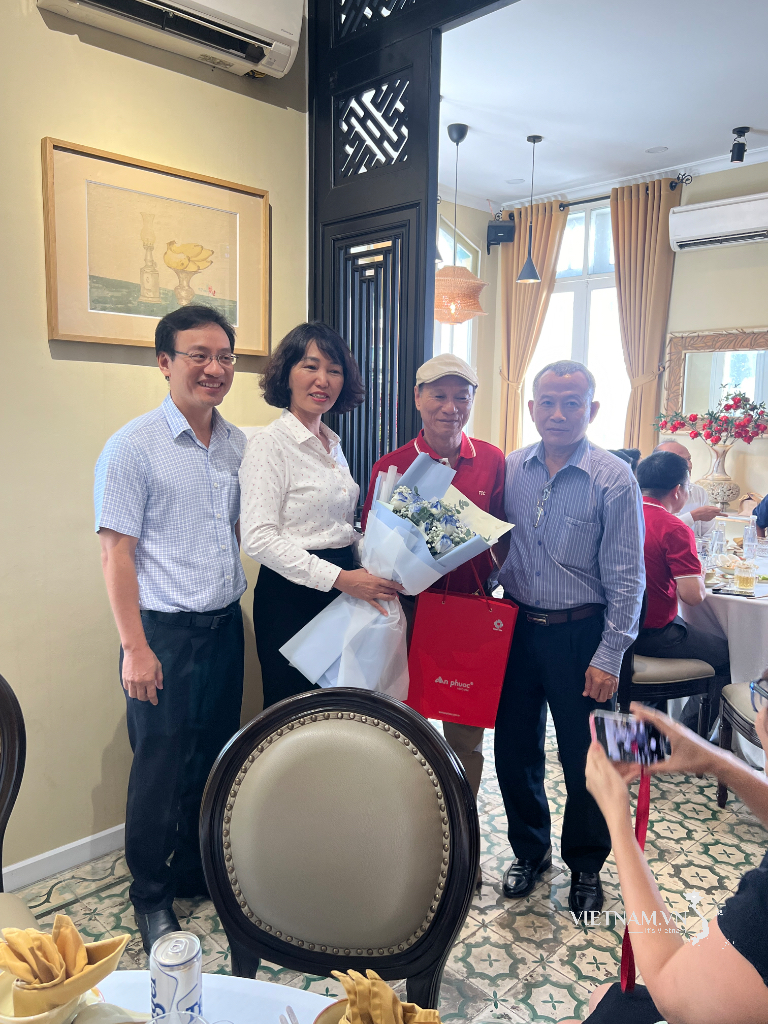


Comment (0)